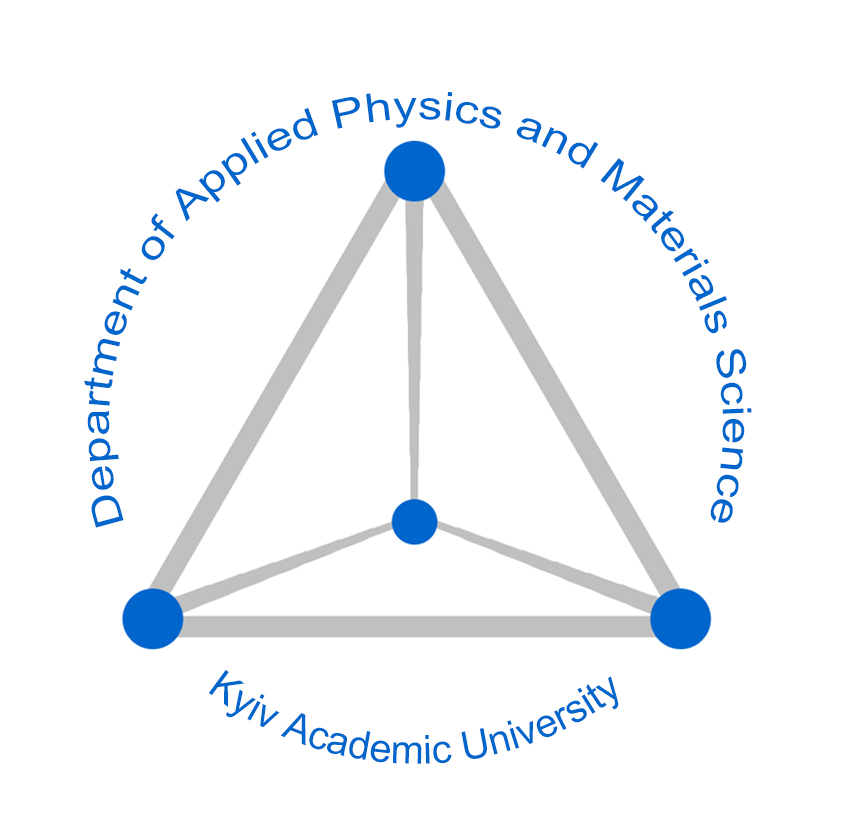Кафедра прикладної фізики та матеріалознавства
The Department of Applied Physics and Materials Science of Kyiv Academic University is based in the following research institutions of the National Academy of Sciences of Ukraine:
| E.O. Paton Electric Welding Institute Frantsevich Institute for Problems of Materials Science Institute for Scintillation Materials |
The main objective of the Department is the training of highly qualified competent specialists with developed scientific thinking, who have the fundamental knowledge and practical skills needed to solve actual innovation and research problems. This objective is fulfilled by students gaining the set of competencies that allow them successful implementation of the projects in research activities on materials science, development, analysis, processing of modern materials and structures made of them.
